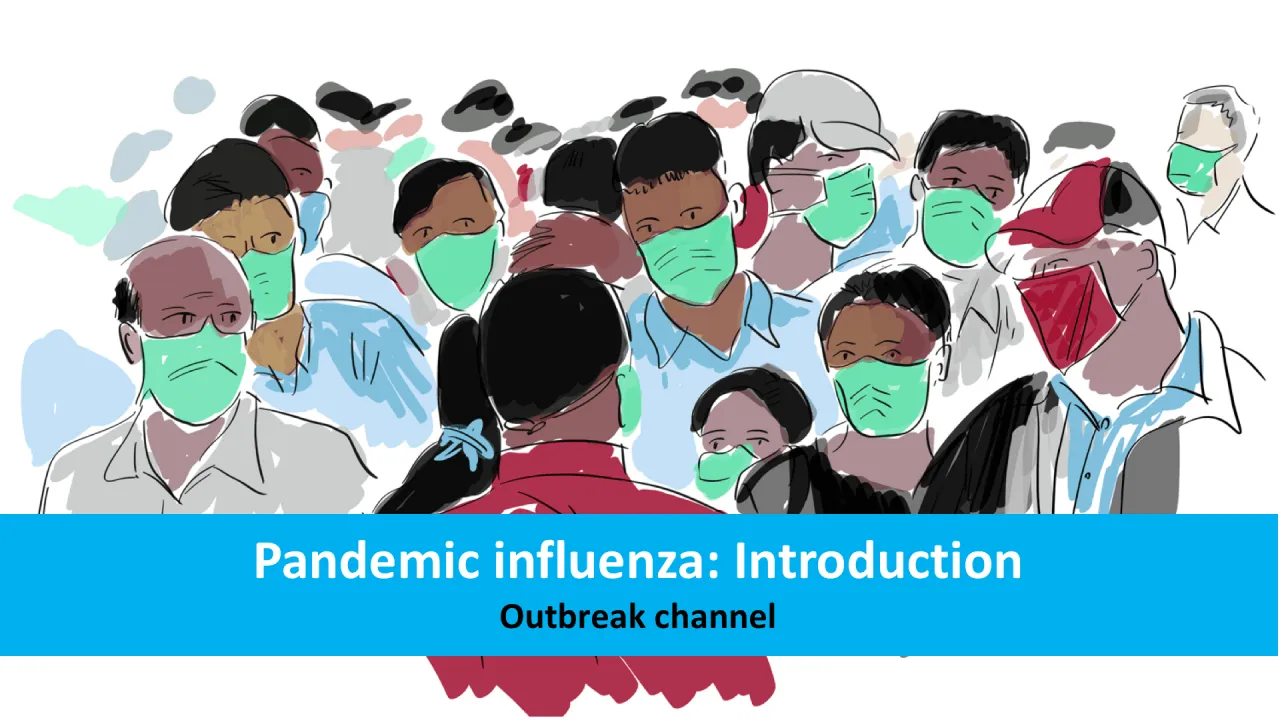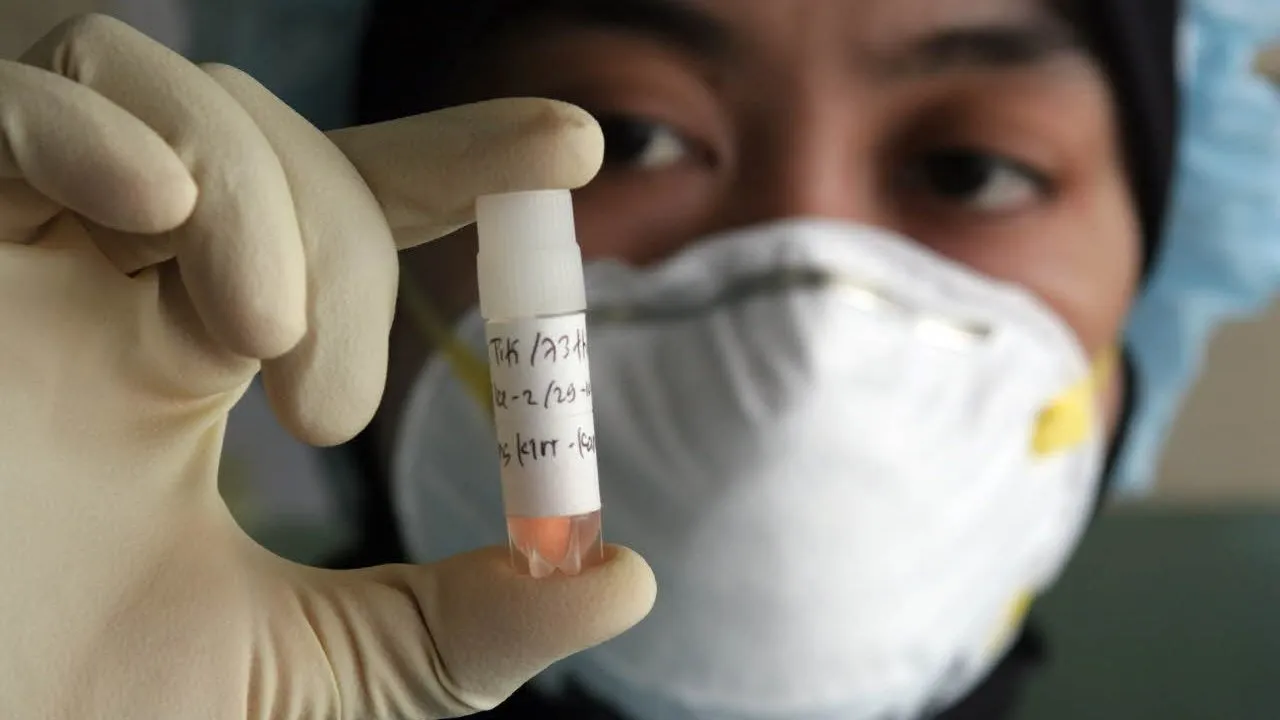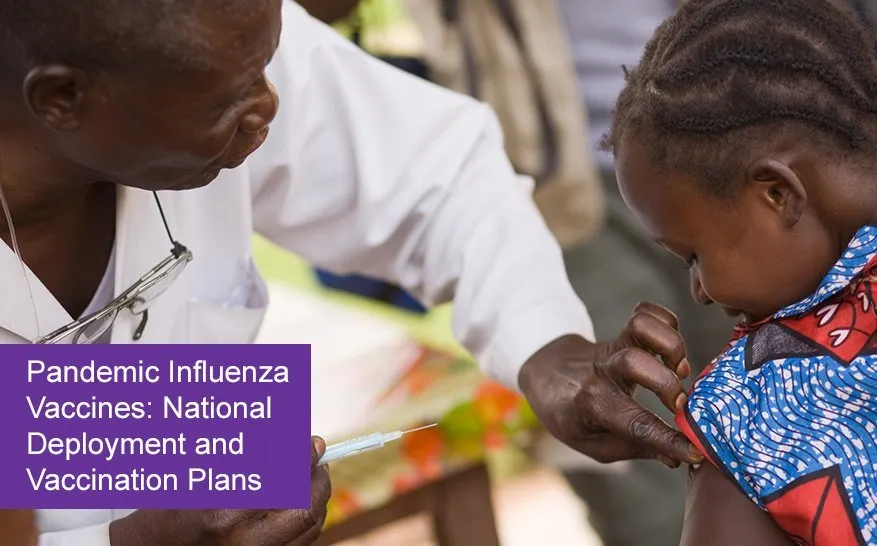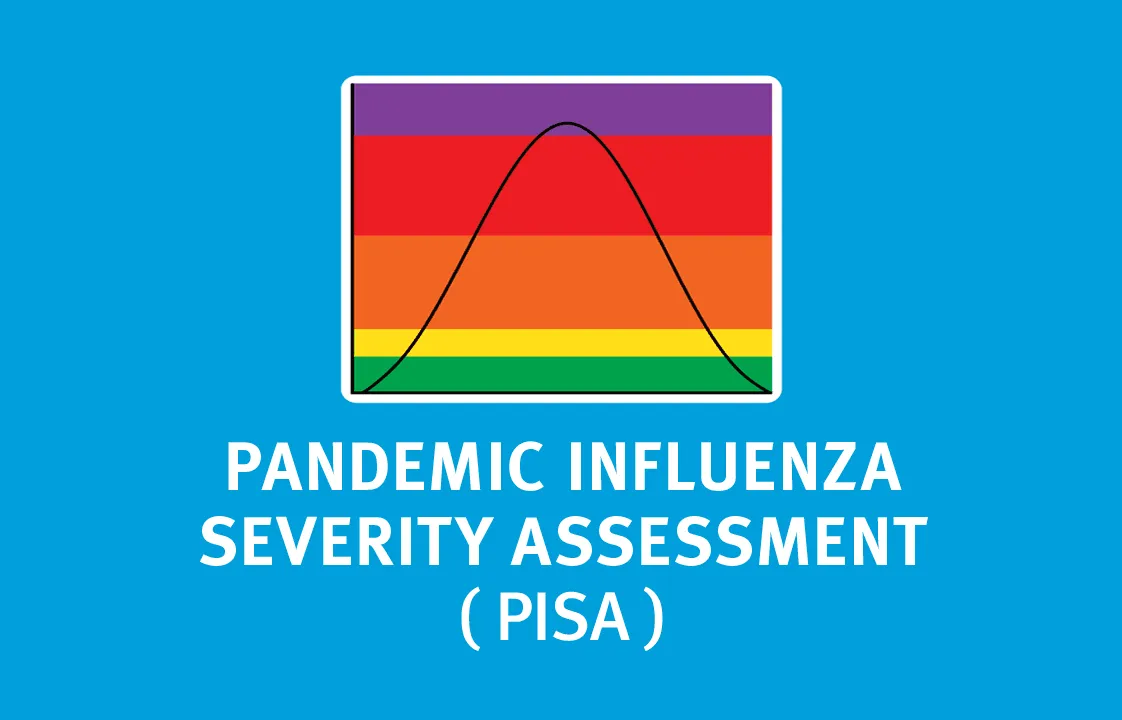
Pandemic influenza: Introduction 
Learn the basics of Pandemic influenza: Introduction ▼
ADVERTISEMENT
Course Feature
![]() Cost:
Cost:
Free
![]() Provider:
Provider:
ThaiMOOC
![]() Certificate:
Certificate:
No Information
![]() Language:
Language:
English
![]() Start Date:
Start Date:
On-Demand
Course Overview
❗The content presented here is sourced directly from ThaiMOOC platform. For comprehensive course details, including enrollment information, simply click on the 'Go to class' link on our website.
Updated in [May 19th, 2023]
This course provides a comprehensive overview of pandemic influenza, including its causes, symptoms, and potential treatments. It is designed to help personnel prepare for and respond to pandemic influenza outbreaks. Learners will gain an understanding of the disease, its transmission, and the measures that can be taken to prevent and control it.
Possible development paths for learners include further study in public health, epidemiology, and infectious diseases. Learners may also pursue careers in public health, emergency management, and healthcare.
Learning suggestions for learners include researching the latest developments in pandemic influenza, such as new treatments and vaccines. Learners should also consider taking courses in related subjects, such as virology, immunology, and public health. Additionally, learners should stay up to date on the latest news and developments related to pandemic influenza.
[Applications]
After completing this course, participants should be able to:
1. Describe the epidemiology of pandemic influenza
2. Explain the clinical presentation of pandemic influenza
3. Identify the risk factors associated with pandemic influenza
4. Describe the public health measures used to control pandemic influenza
The application of this course could include:
1. Developing pandemic influenza preparedness plans
2. Training healthcare personnel on pandemic influenza
3. Educating the public on pandemic influenza
4. Implementing public health measures to control pandemic influenza
5. Monitoring and evaluating pandemic influenza outbreaks
[Career Paths]
1. Public Health Officer: Public health officers are responsible for monitoring and responding to public health threats, such as pandemic influenza. They work with local, state, and federal agencies to develop and implement strategies to prevent and control the spread of the disease. They also provide education and outreach to the public about the disease and its prevention. The demand for public health officers is expected to increase as the need for pandemic preparedness and response grows.
2. Epidemiologist: Epidemiologists are public health professionals who investigate the causes and patterns of disease in populations. They use data from surveillance systems to identify and track the spread of pandemic influenza and to develop strategies for prevention and control. Epidemiologists also work with public health officials to develop and implement public health policies and interventions. The demand for epidemiologists is expected to increase as the need for pandemic preparedness and response grows.
3. Infection Control Practitioner: Infection control practitioners are responsible for preventing and controlling the spread of infectious diseases, including pandemic influenza. They work with healthcare facilities to develop and implement policies and procedures to prevent the spread of the disease. They also provide education and training to healthcare personnel on infection control practices. The demand for infection control practitioners is expected to increase as the need for pandemic preparedness and response grows.
4. Laboratory Technician: Laboratory technicians are responsible for collecting and analyzing samples to detect and identify infectious agents, such as pandemic influenza. They work with public health laboratories to develop and implement testing protocols and to analyze samples for the presence of the virus. The demand for laboratory technicians is expected to increase as the need for pandemic preparedness and response grows.
[Education Paths]
1. Bachelor of Science in Public Health: This degree program focuses on the prevention and control of disease and injury in populations. It covers topics such as epidemiology, biostatistics, environmental health, health policy, and health services administration. This degree is becoming increasingly important as the world faces the threat of pandemics, and it is a great way to gain the skills and knowledge needed to respond to pandemics.
2. Master of Science in Infectious Disease: This degree program focuses on the study of infectious diseases, including pandemics. It covers topics such as epidemiology, immunology, virology, and public health. This degree is becoming increasingly important as the world faces the threat of pandemics, and it is a great way to gain the skills and knowledge needed to respond to pandemics.
3. Doctor of Philosophy in Epidemiology: This degree program focuses on the study of the distribution and determinants of health-related states or events in specified populations. It covers topics such as biostatistics, epidemiologic methods, and public health. This degree is becoming increasingly important as the world faces the threat of pandemics, and it is a great way to gain the skills and knowledge needed to respond to pandemics.
4. Master of Public Health: This degree program focuses on the promotion and protection of the health of populations. It covers topics such as health policy, health services administration, and epidemiology. This degree is becoming increasingly important as the world faces the threat of pandemics, and it is a great way to gain the skills and knowledge needed to respond to pandemics.
Course Provider

Provider ThaiMOOC's Stats at AZClass
Discussion and Reviews
0.0 (Based on 0 reviews)
Explore Similar Online Courses

Fashion Design

Introduction to Human Behavioral Genetics

Python for Informatics: Exploring Information

Social Network Analysis

Introduction to Systematic Review and Meta-Analysis

The Analytics Edge

DCO042 - Python For Informatics

Causal Diagrams: Draw Your Assumptions Before Your Conclusions

Whole genome sequencing of bacterial genomes - tools and applications

Pandemic and epidemic-prone diseases

Pandemic Influenza Vaccines: National Deployment and Vaccination Plans

Pandemic Influenza Severity Assessment (PISA)
 Related Categories
Related Categories
Quiz
 Submitted Sucessfully
Submitted Sucessfully
1. What is pandemic influenza?
2. What is the primary mode of transmission for pandemic influenza?
3. What is the primary purpose of this course?


Start your review of Pandemic influenza: Introduction